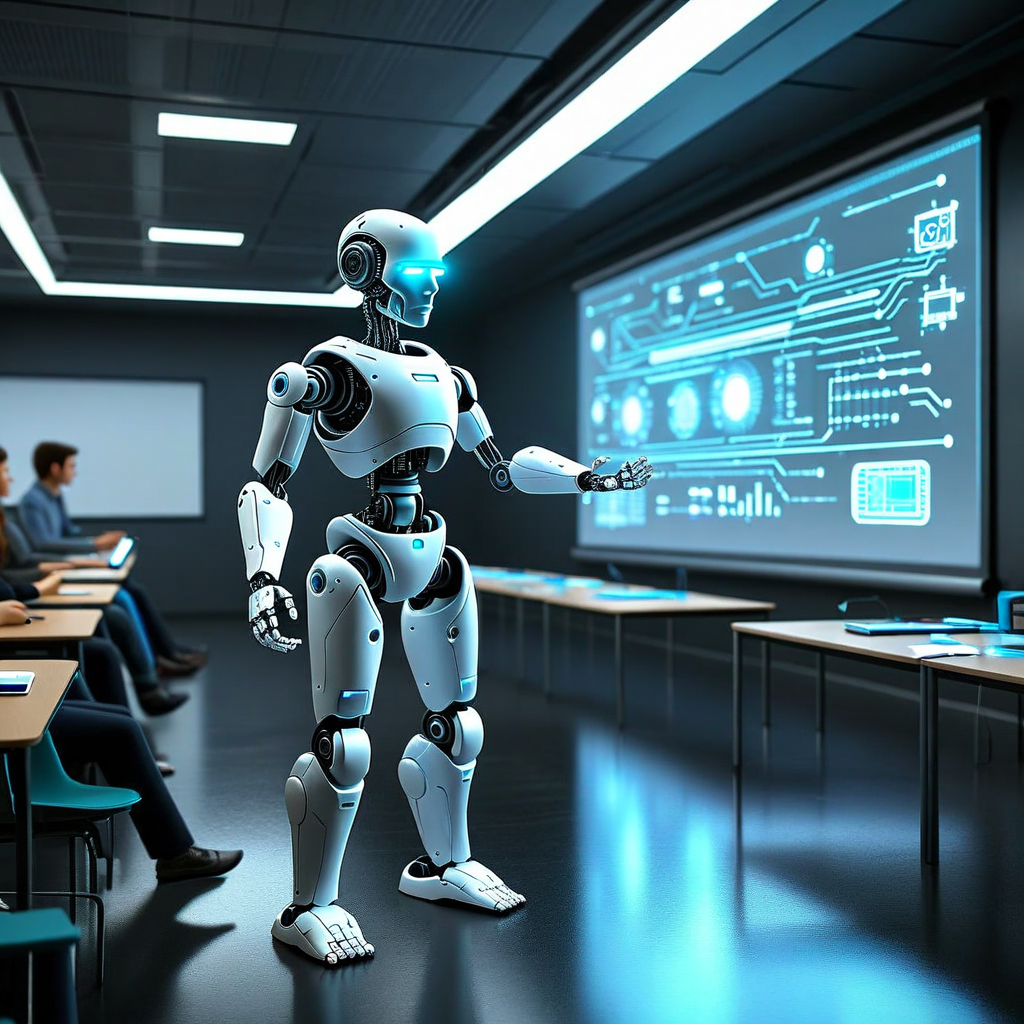What is AI and Why Should You Care?
Let’s face it—Artificial Intelligence (AI) is everywhere these days. From your phone’s voice assistant reminding you to drink water to robots helping doctors during surgeries, AI is no longer some futuristic idea. It’s already a big part of our lives. But what exactly is AI, and why does it matter so much?
So, What is AI?
In simple words, AI means building computers or machines that can think and learn like humans. They can solve problems, understand what we say, learn from experience, and even recognize photos or voices.
If you’ve ever seen YouTube recommend a video you love or Google Maps take you the fastest route home—that’s AI doing its thing.
There are two main kinds:
- Narrow AI: This is built to do just one task, like translate languages or recognize faces.
- General AI: This would be a super smart machine that can do anything a person can. We’re not quite there yet—but scientists are working on it!
A Quick Look Back
AI isn’t new. Way back in the 1950s, smart people like Alan Turing and John McCarthy dreamed about machines that could “think.” At first, not much happened. But thanks to today’s powerful computers and the internet, AI has grown super fast in the last 10 years.
Where Do We See AI Today?
AI is already being used in tons of ways :
Healthcare: It helps doctors spot diseases early and choose the best treatments.
Banking: AI can catch fraud and help with investments.
Marketing: Ever notice how ads seem to know what you like? That’s AI.
Transport: Self-driving cars and smart traffic systems use AI.
Entertainment: Netflix or Spotify recommending your next binge? Yep, AI again.
What’s Great About AI?
Saves Time: AI can do tasks faster than people.
No Breaks Needed: It works 24/7 without getting tired.
Handles Big Data: It can sort through loads of info in seconds.
Feels Personal: It gives you suggestions based on what you like.
But It’s Not All Perfect
Here are some real concerns:
- Job Loss: AI could take over some human jobs, especially repetitive ones.
- Bias: If AI is trained on unfair data, it might make unfair decisions.
- Privacy: AI needs data to learn, and sometimes that data is personal.
- Ethics: Should AI make decisions in war or healthcare? Big questions.
What’s Next?
AI is only going to get smarter. It could help solve big problems like disease, climate change, and education gaps. But we need to be careful. Using AI responsibly and fairly is key.
Final Thoughts
AI isn’t just for tech geeks anymore—it’s part of our everyday world. The more we learn about it, the better choices we can make. Understanding AI now means we’ll be ready for a smarter (and hopefully better) future.
Discover more from Bright Brain
Subscribe to get the latest posts sent to your email.


